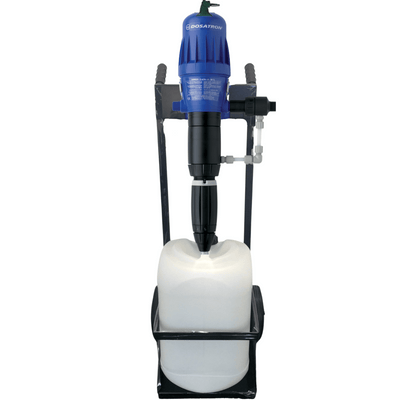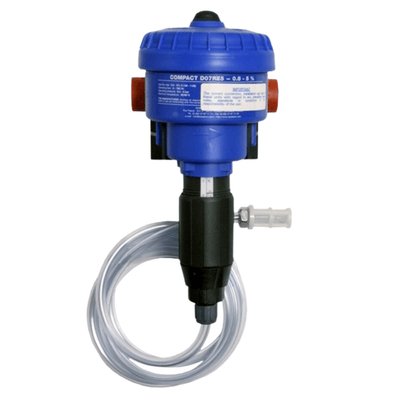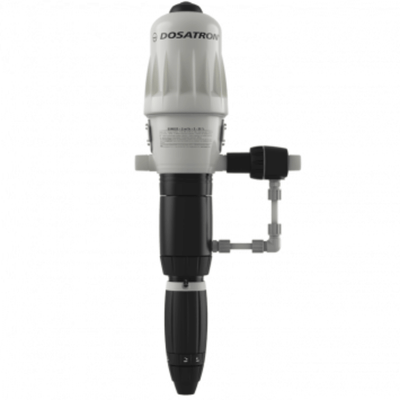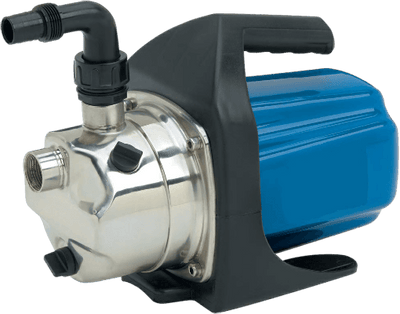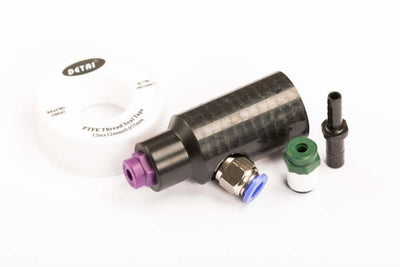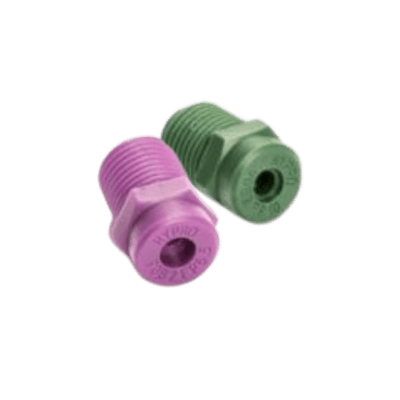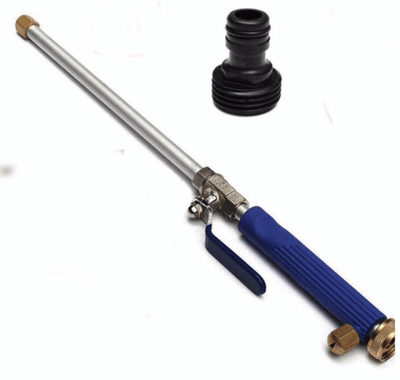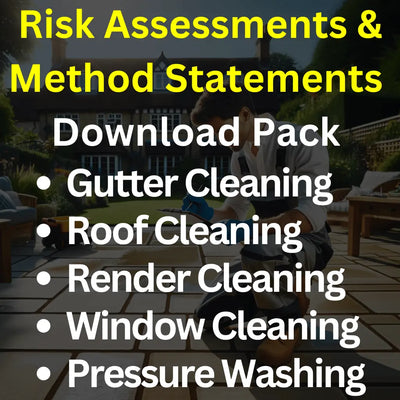Will Sodium Hypochlorite Damage My Surfaces? Understanding Its Effects in Soft Washing

Soft washing has become increasingly popular for maintaining clean, aesthetically pleasing outdoor environments, but a common question still looms—will the use of sodium hypochlorite bleach or damage your surfaces? 👀 In this article, we dive deep into the properties and effects of sodium hypochlorite in the soft washing process, addressing your concerns with expert insights.
What is Sodium Hypochlorite?
Sodium hypochlorite is a powerful chemical compound widely used for its bleaching and disinfecting properties. It is often the main ingredient in household bleach and plays a crucial role in soft wash chemicals. When mixed correctly, it performs wonders in cleaning moss, algae, and other contaminants from surfaces, making it a staple in soft washing techniques. To learn more, you can listen to our podcast on what is sodium hypochlorite.
Does Sodium Hypochlorite Bleach Surfaces? 💡
The bleaching potential of sodium hypochlorite is one of the main reasons it is so effective in cleaning and disinfecting. However, it must be handled with care. If not mixed or applied correctly, it can lead to discoloration or damage to your surfaces. For a more detailed discussion, see our podcast episode on surface bleaching.
Safe Usage Tips
- Proper Mixing Ratios: Ensure you follow the recommended sodium hypochlorite mixing guide to attain an effective yet safe cleaning solution.
- PPE is Important: Use proper personal protective equipment (PPE) when handling sodium hypochlorite, as it can be hazardous to both skin and respiratory health.
- Perform a Patch Test: Test the solution on a small, inconspicuous area before full application.
- Rinsing: Rinsing surfaces post-treatment is advisable. For more insights, check out our podcast on the importance of rinsing.
What Surfaces Are Most Vulnerable?
It's important to know which surfaces could be most at risk when using sodium hypochlorite. Although sodium hypochlorite can be effective on a wide array of surfaces, materials like wood and certain metals may require more caution:
- Wood: Soft washing wood can be tricky; sodium hypochlorite can cause fading if not used properly. For details, refer to whether you can use sodium hypochlorite on wood.
- Rendered Walls: When cleaning rendered walls, use sodium hypochlorite cautiously and adhere to this comprehensive guide for effective results without damage.
Alternatives and Compliments to Sodium Hypochlorite
Looking for different options? You might explore using products like Softwash Biocide 50% DDAC, which offer alternative cleaning and disinfecting methods. Additionally, adding surfactants such as Clever Wash Surfactantcan enhance the effectiveness of sodium hypochlorite-based solutions.
The SoftWash UK Difference 🌟
SoftWash UK is dedicated to educating and guiding property owners in safe and effective cleaning practices. Tune into our SoftWash UK Podcast hosted by Mark Cave for more insights or evaluate the best soft washing equipment to meet your needs.
Ready to Get Started?
Want to protect your surfaces while ensuring a pristine look? Visit SoftWash UK today to learn more about safe soft washing practices and explore our wide range of products and resources.
Conclusion
Sodium hypochlorite is a powerful ally in the fight against outdoor grime, but understanding its properties and using it carefully ensures no inadvertent surface damage. Educate yourself, use the right equipment, and consult SoftWash UK for top-tier cleaning solutions.



























